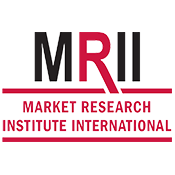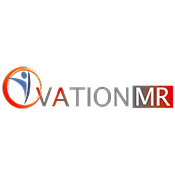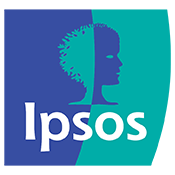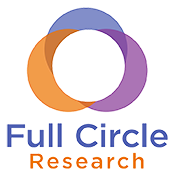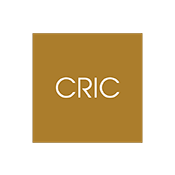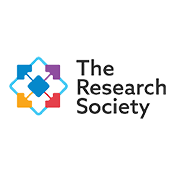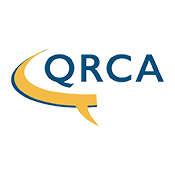
Learn about the complexities of managing a global market research project with multiple clients and stakeholders.
As businesses increasingly compete in a global world, market researchers must be able to conduct research in different countries and cultures. Without the ability to “localize” the tools of data collection and analysis, findings may be incomparable or subject to misinterpretation due to lack of common understanding.
Different countries’ infrastructures and cultures significantly influence research designs. When doing primary data collection, sample sources may be difficult to come by or technology penetration and use may limit methodology choices. Survey questions must be localized and incentive designs adjusted. Similar limitations apply when the design calls for use of secondary data. This self-study course will introduce concepts for conducting global research to produce comparable results from different regions of the world.
Global market research presents some of the most difficult challenges that market researchers face. It requires that you bring together all of the skills and knowledge you have and apply them across countries and cultures in a single project. To be successful, you need to be both skilled and nimble. This course provides you a framework and practical tips for designing, conducting, analyzing and using multi-country market research.
Snapshot
|
Format: Online Hours: 8 Credits: 0.8 CEU When: Start anytime Cost: $329 - $359 |

